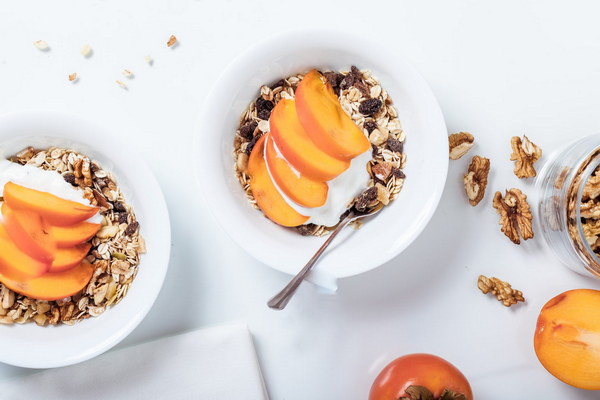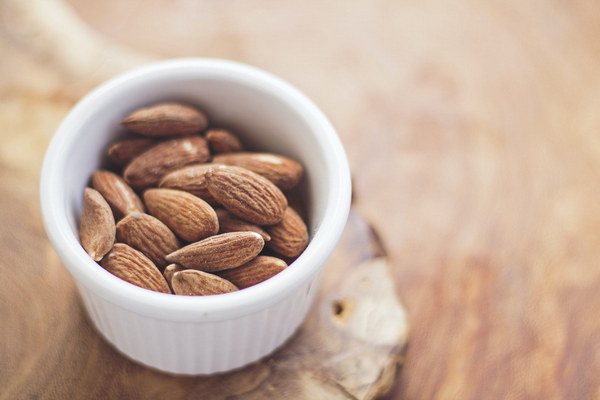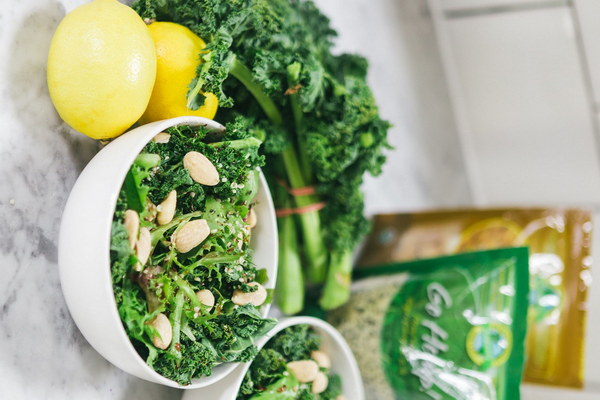100 Essential Tips for Optimal Health and Wellbeing A Comprehensive Guide to Human Health Maintenance
In today's fast-paced world, taking care of our health is more important than ever. To ensure a long and fulfilling life, it's crucial to adopt a holistic approach to health and wellness. Here are 100 essential tips for optimal health and well-being, covering various aspects of human health maintenance.
1. Stay hydrated by drinking at least 8 glasses of water daily.
2. Eat a balanced diet with a variety of fruits, vegetables, whole grains, and lean proteins.
3. Incorporate plenty of fiber into your diet to aid digestion and prevent constipation.
4. Limit your intake of processed foods and sugary drinks.
5. Practice portion control to maintain a healthy weight.
6. Exercise regularly, aiming for at least 150 minutes of moderate aerobic activity per week.
7. Include strength training exercises in your routine to build muscle and improve bone density.
8. Get at least 7-9 hours of quality sleep each night.
9. Avoid smoking and limit alcohol consumption.
10. Practice stress management techniques, such as meditation, deep breathing exercises, or yoga.
11. Stay active throughout the day by taking breaks to stretch and move.
12. Choose healthy snacks, such as nuts, fruits, or vegetables, to keep your energy levels up.
13. Limit your screen time and take regular breaks from electronic devices.
14. Prioritize mental health by engaging in activities that bring you joy and relaxation.
15. Maintain a healthy social life by connecting with friends and family.
16. Practice mindfulness and be present in the moment to reduce anxiety and improve focus.
17. Get regular health check-ups and follow your doctor's recommendations.
18. Vaccinate against infectious diseases to prevent illness.
19. Maintain a healthy weight by balancing your calorie intake with your physical activity.
20. Consume omega-3 fatty acids found in fish, flaxseeds, and walnuts to support heart health.
21. Choose whole-fat dairy products over low-fat options for better nutrient absorption.
22. Incorporate fermented foods, such as yogurt, kefir, and sauerkraut, into your diet for gut health.

23. Consume probiotics to promote a healthy gut microbiome.
24. Avoid excessive caffeine and replace it with herbal teas or decaf coffee.
25. Stay active during your menstrual cycle to alleviate symptoms and reduce pain.
26. Practice good hygiene, such as regular handwashing and maintaining clean living spaces.
27. Use natural skincare products to avoid harsh chemicals and preservatives.
28. Protect your skin from the sun by wearing sunscreen with an SPF of 30 or higher.
29. Get regular dental check-ups and maintain good oral hygiene.
30. Avoid smoking and chewing tobacco to prevent oral health issues.
31. Stay hydrated by drinking water throughout the day.
32. Eat a variety of fruits and vegetables to ensure a wide range of vitamins and minerals.
33. Incorporate healthy fats, such as avocados and olive oil, into your diet.
34. Limit your intake of red and processed meats to reduce the risk of cancer.
35. Choose whole grains over refined grains for better health benefits.
36. Incorporate legumes and beans into your diet for plant-based protein and fiber.
37. Limit your intake of salt to reduce the risk of high blood pressure.
38. Avoid excessive sugar consumption to prevent dental decay and weight gain.
39. Eat breakfast to kickstart your metabolism and provide energy for the day.
40. Practice mindful eating by savoring your food and avoiding distractions.
41. Limit your intake of saturated fats found in fried foods and fast food.
42. Choose healthy cooking methods, such as grilling, baking, or steaming, over frying.
43. Incorporate plant-based proteins, such as tofu and tempeh, into your diet.
44. Eat a variety of nuts and seeds for healthy fats and antioxidants.
45. Consume fermented foods to support gut health.
46. Choose organic produce to reduce exposure to pesticides and other harmful chemicals.
47. Limit your intake of processed snacks and opt for healthier alternatives.
48. Stay hydrated by drinking water and herbal teas.
49. Incorporate exercise into your daily routine to improve physical and mental health.
50. Practice self-care by engaging in activities that nurture your mind, body, and soul.
51. Prioritize your mental health by seeking help when needed and practicing self-compassion.
52. Get regular physical check-ups to detect and address any potential health issues early.
53. Follow a consistent sleep schedule to improve sleep quality.
54. Limit your exposure to secondhand smoke and pollutants.
55. Engage in regular physical activity, such as walking, cycling, or swimming.
56. Practice good posture to prevent back pain and improve overall health.
57. Limit your intake of sugary drinks and opt for water, herbal teas, or infused water.
58. Consume probiotics to support a healthy gut microbiome.
59. Incorporate fermented foods into









